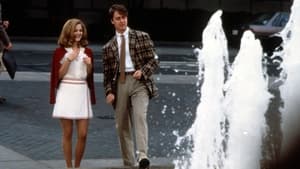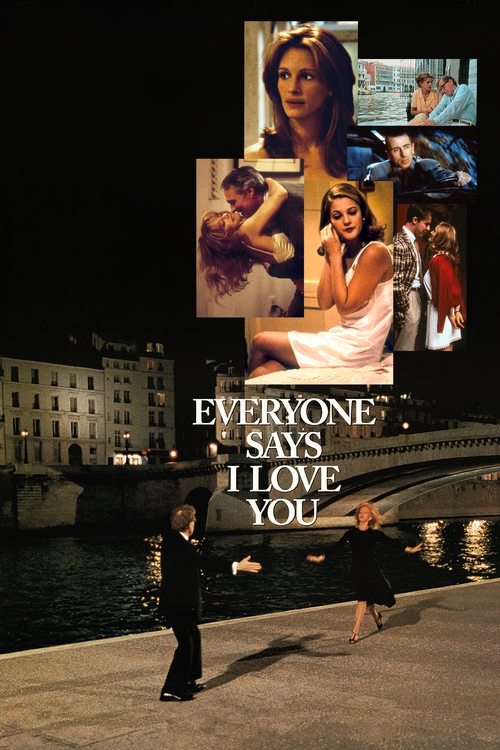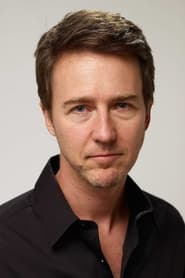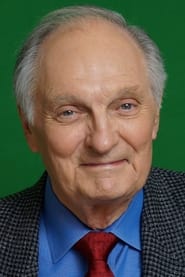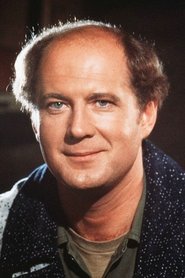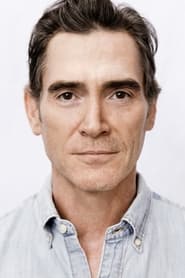Cast
View AllDrew Barrymore
as Skylar Dandridge
Edward Norton
as Holden Spence
Alan Alda
as Bob Dandridge
Julia Roberts
as Von Sidell
Woody Allen
as Joe Berlin
Lukas Haas
as Scott Dandridge
Goldie Hawn
as Steffi Dandridge
Gaby Hoffmann
as Lane Dandridge
Natalie Portman
as Laura Dandridge
Tim Roth
as Charles Ferry
David Ogden Stiers
as Holden's Parent
Natasha Lyonne
as Djuna 'D.J.' Berlin
Billy Crudup
as Ken
Robert Knepper
as Greg
Diva Gray
as Nanny
Crew
Director
- Woody Allen
Producer
- Robert Greenhut
Reviews
CinemaSerf
This is one of those internecine familial dramas that at times is really quite preposterous, but is also quite observationally funny. First, there's "Joe" (Woody Allen) who used to be married to "Steffi" (Goldie Hawn) who is now married to "Bob" (Alan Alda). She has two daughters by her second marriage and he one son by his first - a entertainingly died-in-the-wool republican in this nest of liberalism! Then there's "Holden" (Edward Norton) and "Skylar" (Drew Barrymore) madly in love, but unable to afford a $50,000 wedding ring and pretty useless when it comes to anything romantic. Meantime, "Joe" is living in Paris and reeling from his latest emotional setback with a considerably younger woman, so he comes to visit his other family only to bump into the married "Von" (Julia Roberts) whilst she is out jogging, and... As the threads start to knit quite amiably here, we are introduced to the star of the film - for me, anyway - and that's Tim Roth as the obviously lecherous ex-con "Ferry". He is invited by the kindly "Bob" for a rehabilitative dinner only to fall for "Skylar" and offer her a life that's maybe less staid than that offered by the unimaginative "Holden". It's all pieced together using some musical numbers that gives just about everyone to sing and for Norton to show us he can master a dance step or two, too. The writing has a certain potency to it, and though there is a certain distastefulness about the relationship between "Joe" and just about all of the (always younger) women in his life, that starts to morph into something rather pitiable as his character strives constantly for the happiness, or a least contentedness, he sees around him. Allen is largely just the same old, same old here but Hawn can certainly hold a tune together and is in her element here, as is an on-form Alda and a Barrymore who works well as a foil to the increasingly daft antics of her criminal buddy who thinks nothing of embroiling her in his smash and grab activities. It's short and sweet with plenty of characters to like, loathe and laugh at and I did quite enjoy it.
Nov 27, 2024
Thematic Analysis
Everyone Says I Love You represents a fascinating example of Comedy/Romance cinema, offering viewers a unique perspective on the human experience and societal structures. The film's approach to its themes demonstrates a creative vision that distinguishes it within its genre.
Director Woody Allen brings their distinctive visual style to this film, continuing their exploration of themes seen in their previous works while adding new elements. Their approach to pacing and visual storytelling creates a viewing experience that rewards close attention.
Released in 1996, the film exists within a cultural context that now offers viewers historical perspective on the social issues of that era. Its reception demonstrates the diverse reactions to its artistic choices and its place in cinema history.
Did You Know?
- The production of Everyone Says I Love You took approximately 30 months from pre-production to final cut.
- With a budget of $20.0 million, the film represented a significant investment in bringing this story to the screen.
- The final cut of the film runs for 101 minutes, though the director's initial assembly was reportedly 153 minutes long.
- Some visual effects sequences took up to 12 months to complete.
- The cast underwent specialized training for 2 weeks before filming began.
- The screenplay went through 13 major revisions before the final shooting script was approved.
Historical Context
- In 1996, when this film was released:
- Globalization was accelerating economic and cultural exchange.
- The internet was beginning to transform communication and information access.
- Independent cinema was growing in influence, challenging the dominance of major studios.
How This Film Stands Out
While Everyone Says I Love You shares thematic elements with other films in its genre, it distinguishes itself through its unique approach to storytelling, visual style, and character development.
Unlike Analyze This, which takes a more conventional approach to its subject matter, Everyone Says I Love You offers a fresh perspective through its innovative visual language and narrative structure.
While films like Tootsie and A Guy Thing explore similar territory, Everyone Says I Love You stands apart through its deeper exploration of its central themes and more complex characterization.
This film's unique contribution to cinema lies in its thoughtful balance of entertainment value and thematic depth, making it a valuable addition to its genre.
Details
- Release Date: December 6, 1996
- Runtime: 1h 41m
- Budget: $20,000,000
- Revenue: $9,759,200
